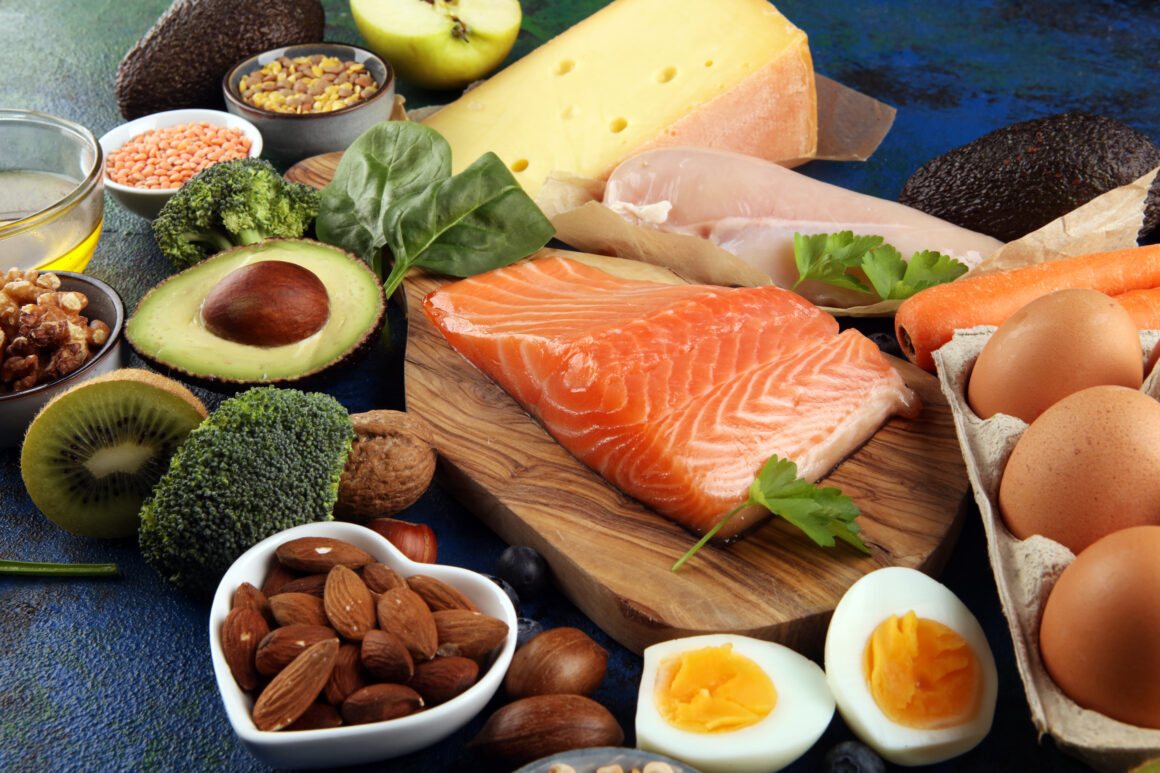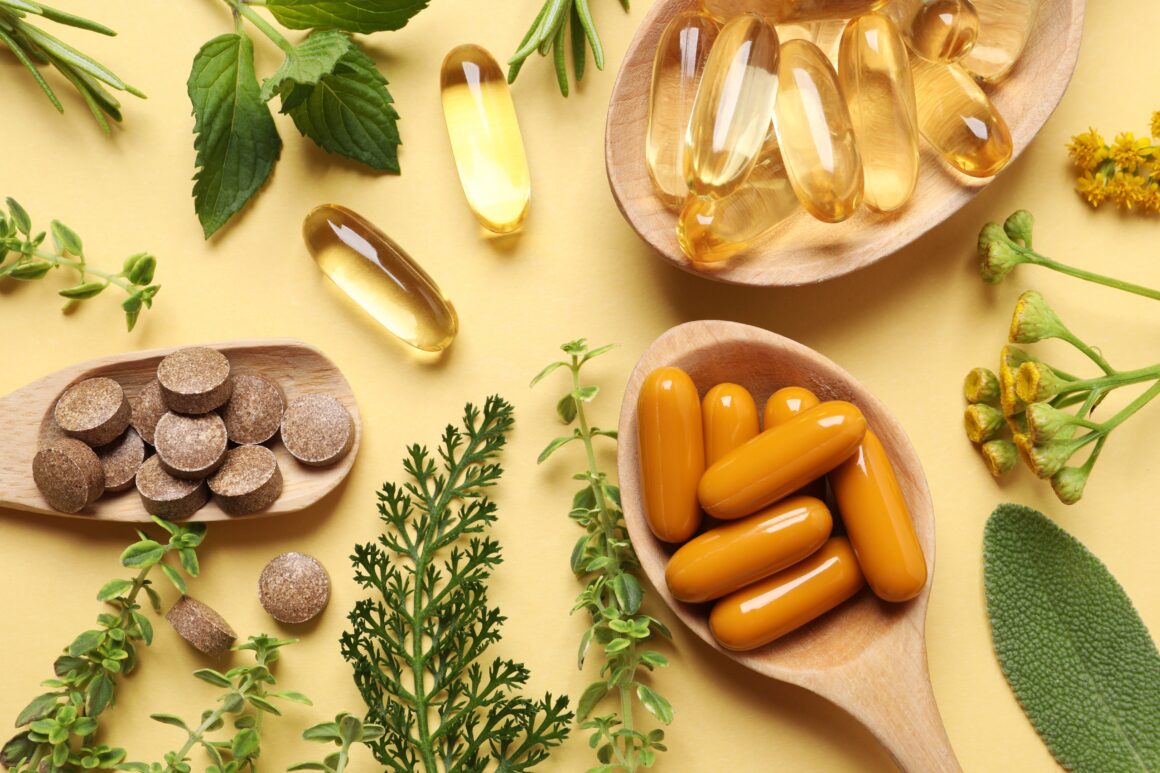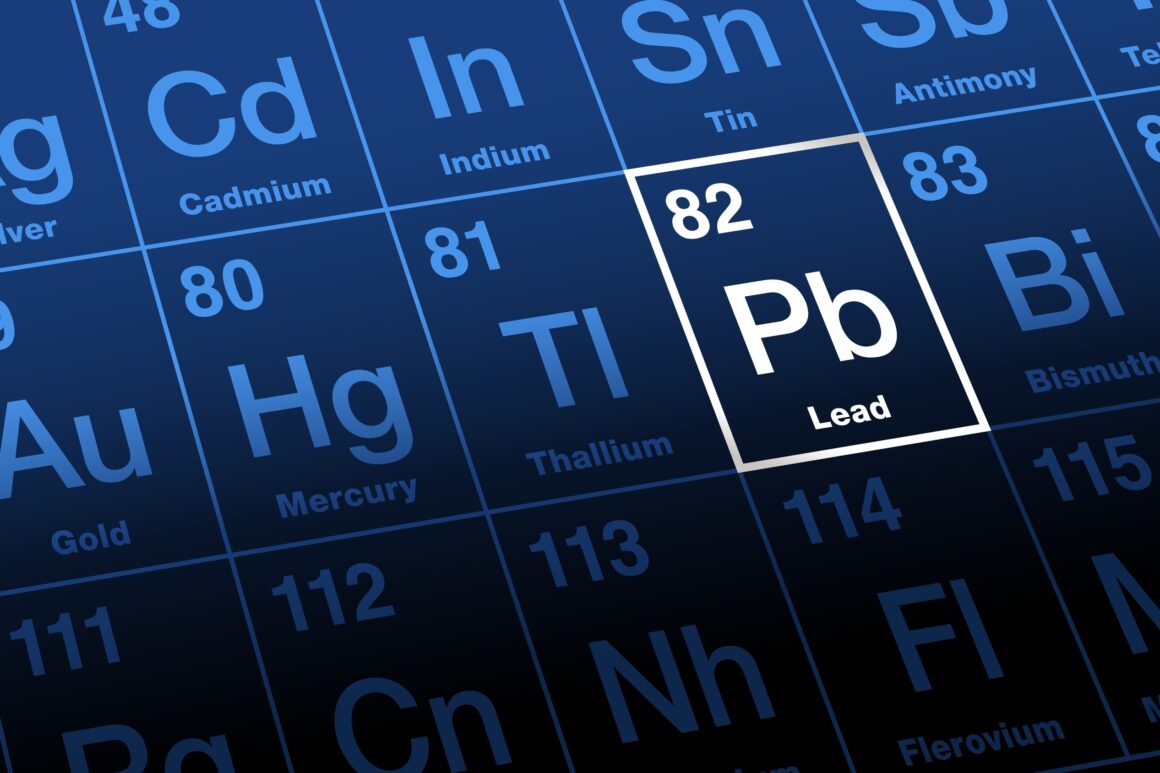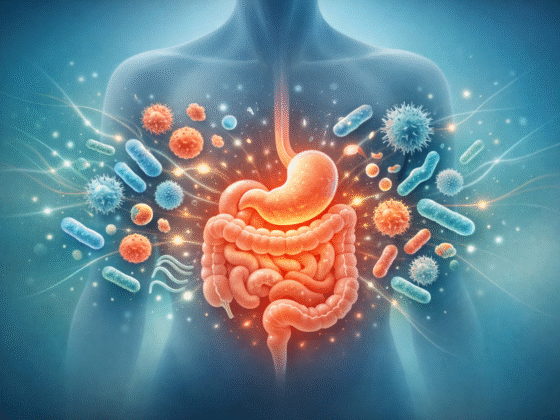Legend has it, an ancient Greek god gifted mortals with a pomegranate to boost their vitality.
Yet in today’s world, not all men feel like deities in the fertility department.
But fear not, modern-day warriors of wellness, for natural paths to increase sperm count beckon, offering hope without resorting to mystical fruits.
Diet Adjustments for Fertility
It’s time to channel your inner Aphrodite with fertility-friendly foods high in antioxidants, which may improve sperm health.

When you adorn your plate with a rainbow array of vegetables and fruits, you’re not just setting the stage for a masterpiece meal. Omega-3 fatty acids and selenium-rich choices, like walnuts and seafood, can be powerful allies in the quest for reproductive robustness.
And while “fast food” and “trans fats” may quickly sabotage your swimmers, replacing them with whole grains and healthy fats can be a game-changer in your fertility quest.
Nutrient-Rich Foods to Eat
Embarking on a diet that’s bustling with key fertility nutrients can be a game-changer. For peak performance, zinc-packed oysters and selenium-rich Brazil nuts are stellar choices.
Dark chocolate isn’t just for sweet indulgence; it contains L-arginine, known to increase semen volume. Walnuts, rich in omega-3, boost blood flow to the testicles, enhancing sperm quality.
Eating walnuts daily can improve sperm vitality, motility, and morphology.
And let’s not forget leafy greens. Spinach and kale are loaded with folic acid, essential for sperm production. Crunch on carrots for a dose of beta-carotene, which improves sperm motility.

Foods to Avoid
Certain dietary culprits can play a less-than-stellar role in sperm count and quality. For instance, alcohol can significantly impact your little troopers by reducing their numbers and motility.
Highly processed meats are no friends to fertility, often harboring hormones and preservatives that can negatively influence sperm production.

Be wary of overindulging in caffeine, found in coffee and energy drinks. Although a morning boost may seem harmless, excessive intake is linked to lower levels of testosterone and impaired sperm function.
Also, keep at bay those soy products that can have estrogen-like effects on the body, which, in excess, might disrupt sperm creation. In short, ditching these foods could be a pivotal move towards a more battalion-strong sperm count, paving the way for a potentially more fruitful journey to paternity. Consider these changes not as a diet but as a holistic lifestyle upgrade.
Lifestyle Choices and Sperm Health
Indulging in those late-night bites and Netflix marathons may seem like harmless downtime, but think again. Reproductive health is silently dictated by daily habits, and sleep patterns are no exception. Insufficient rest alters hormone production, leading to potential drops in testosterone and decreased sperm quality—nobody wants those precious swimmers to lose their vigor.
Embracing a life of movement, rather than one glued to a chair, is another piece of the virility puzzle. Regular physical activity boosts testosterone levels and blood circulation, all of which benefit sperm production. However, moderation is key, as excessive exercise can actually lead to the opposite effect. So, lace up for fertility’s sake but know when it’s time to hit the showers before you overdo it.
Exercise’s Impact on Sperm Count
Hit the gym, boost your shorts.
Regular exercise is like a love potion for your semen. It cranks up testosterone and amps up blood flow, which are basically VIP tickets for sperm production. But it’s a fine line—cross into extreme workout territory and those little troopers may start to retreat.
Exercise spells success for your troops down below.
In the quest for bountiful swimmers, balance is your ally. Like a well-oiled machine, your body responds to moderate, consistent workouts with gusto—elevating your count and keeping your soldiers fighting fit.
Lacing up can lead to spruced-up sperm stats.

And remember chaps, variety is the spice of life—and workouts. Cross-training for your crown jewels? Absolutely—mix strength and cardio for a full-frontal fertility onslaught. This holistic approach in 2024 spells success for your sperm and might just elevate your bedroom Olympics to gold medal status.
Effective Stress Reduction Techniques
Stress: it’s the nemesis of noble swimmers. To bolster your battalion, mastering relaxation is crucial, breathing being your first line of defense.
Mindfulness meditation can prove quite the ally in your quest for calm.

Adding layers to your relaxation strategy is key—think yoga, tai chi, or even a peaceful walk in nature. These practices help to unwind the mind, soothe the soul, and dial down the physiological stress that hampers your troops.
Lastly, let’s not forget the joy of laughter and its therapeutic prowess. Embracing humor, finding joy in daily occurrences, and surrounding yourself with positivity can be transformative. Infuse your life with light-hearted moments, and watch as your soldiers rally, rejuvenated by your increasingly tranquil demeanor. Over time, this positive approach may have a ripple effect, enhancing not only your sperm count but your overall satisfaction with life. So chuckle away, Commanders of Calm!
Supplements That Support Sperm Production
Zinc stands as a staunch ally of sperm production, essential for maintaining men’s wellness and facilitating a robust seminal brigade.
Omega-3 fatty acids are knights in shining armor, with evidence suggesting DHA’s prowess in improving the motility and morphology of sperm – attributes pivotal for the successful voyage of your fleet.
Antioxidant supplements like Vitamin C and E march to the battlefield, safeguarding your sperm against oxidative stress and boosting the ranks of your sturdy swimmers.
Proven Herbal Supplements
Ashwagandha, known as Withania somnifera, has been widely recognized for boosting sperm quality and count through its stress-reducing adaptogenic properties.
Fenugreek, in the herbal compendium, stands as a stalwart enhancer of libido and sexual performance, with clinical studies showcasing its ability to elevate testosterone levels and sperm count. Sapient indeed, this leguminous plant has been noted for its bountiful contribution to the vigor and vitality of your spermatozoal squadron. Whether it’s enhancing desire or aiding reproductive function, Fenugreek seeds pack a powerful punch, gracefully complementing your quest for fertility fortitude.
Maca root emerges as another renowned herbal ally, originating from the high plateaus of Peru. Revered for its energy and libido-boosting effects, this Andean wonder is believed to enhance sperm production and improve sexual function, serving as a veritable courier of virility.
And let’s not sidestep the potent ginseng, a revered root in traditional medicine known for its invigorating effects. Studies suggest that Panax ginseng can enhance erectile function and sperm count, nudging you closer to your procreative goals. This ancient herb brings its restorative rhythm to the dance of fertility, bolstering both libido and seminal quality with the precision of a well-tuned orchestra, masterfully amplifying your reproductive resilience.

Essential Vitamins and Minerals
Packing a powerful punch for fertility, vitamins and minerals are crucial teammates in the game of sperm production.
- Vitamin C (Ascorbic Acid): An antioxidant that can protect sperm cells from damage, boost their quality and motility.
- Vitamin D: Linked to higher testosterone levels and improved sperm count.
- Zinc: Essential for sperm formation and testosterone production, with a deficiency often leading to reduced semen volume and testosterone levels.
- Folate (Vitamin B9): Important for sperm DNA integrity and general reproductive health.
- Selenium: Supports sperm motility and may prevent oxidative damage.An adequate supply of these nutrients can be a game-changer in the fertility arena.
Don’t underestimate the role of micronutrients; they’re the unsung heroes in the narrative of natal success.
Environmental Factors Affecting Sperm Quality
Gentlemen, it’s time to consider the arena in which your swimmers compete, and we’re not just talking about the bedroom. The quality of your sperm is inextricably linked to your environmental exposures, from air quality to the chemicals you unknowingly encounter. Everyday items like plastics and electronics emit substances like phthalates and BPA, which can play the villain, disrupting hormonal balances and affecting sperm quality.
Surrounding yourself with greenery might seem like merely an aesthetic choice, but it’s a strategic move for your swimmers. Plants are nature’s air purifiers, and having them around could diminish your exposure to air pollutants that are as stealthy as ninjas, with stealthy attacks on your sperm count. Moreover, habits as seemingly innocent as cradling a laptop on your lap can introduce unwelcome heat to your nether regions, subtly impacting the viability of your sperm with the persistence of a slow burn.
Toxins and Chemicals to Steer Clear Of
Beware of the chemical underworld.
Your daily routine may be riddled with invisible foes. From non-stick cookware that releases toxins when heated, to receipts coated in Bisphenol-A (BPA), our environments are battlegrounds for our reproductive health. Disturbingly, even the water we drink may carry traces of hormones and pharmaceuticals that can negatively affect sperm production and function.
Shield your swimmers from these stealthy saboteurs.
The widespread presence of phthalates, a type of harmful chemical, is a major concern. Found in many plastics and personal care products, these endocrine disruptors are like wolves in sheep’s clothing – seemingly harmless, but with the potential to cause substantial reproductive harm. Ensuring you choose phthalate-free options is a step in fortifying your fertility fortress.
Recognize the enemies and keep a safe distance.

Heavy metals like lead and mercury are not to be toyed with. They’re like kryptonite to your little supermen, crashing through the barriers of your body and dealing damage to your DNA and sperm quality. Keeping these toxic interlopers at bay requires vigilance and might mean adjusting your diet or occupation in 2024 to mitigate exposure. Adopting a stance of informed caution can shield your reproductive capabilities from unseen chemical assailants lurking in your environment.
The Role of Temperature and Clothing Choices
Heat can hinder happy, healthy sperm production.
Sperm are quite sensitive to temperature ups and downs. The testes hang outside the body in the scrotum for a reason – to keep cooler than the body’s core temperature. When this delicate thermal balance is disrupted by tight clothing or excessive heat exposure, sperm production can suffer. So, strategically selecting your skivvies can play a pivotal role in maintaining optimal conditions for your tadpole troops.
Choose boxers over briefs for better breeding chances.
Looser garments are your testes’ best friends – or, if we’re feeling punny – their ‘ball pals’. Preferring breathable fabrics and roomy designs, especially in the underwear department, can help ensure a cooler, sperm-friendly environment. Think of it as giving your little guys the right habitat to thrive — spacious and airy.
Steer clear of saunas and hot tub dips.

Frequent visits to these high-temperature havens can turn the heat up on your testicular estate, potentially putting your sperm count on simmer. To keep your chances of conception at a rolling boil, it may be wise to trade these torrid tubs for cooler splashdowns.
Remember, wardrobe and warmth watchfulness matters!
Your sartorial choices go beyond making a fashion statement – they can markedly affect your fertility forecast. So, as we swing into the warmer months of 2024, remember to dress down to keep your sperm count up. Swapping out the skinny jeans and opting for cooler commutes can protect your procreative prowess from an overheated downfall.










